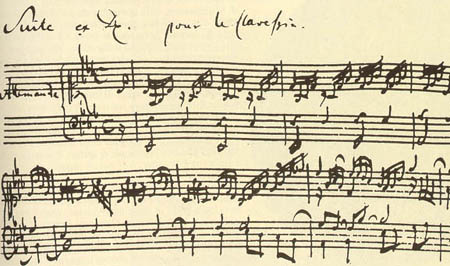Retirado do Guardian, um tributo de Daniel Baremboin a Fischer-Dieskau.
There are many wonderful composers whose works we appreciate greatly
but who did not make a significant impact on the historical development
of music. Only a select few were able to at once sum up everything that
had existed in music before them, and to pave the way into the future.
Bach, Schoenberg, Wagner and Beethoven are outstanding examples of such
revolutionaries. The situation is similar when it comes to performers of
classical music:
before Pablo Casals, for example, it was widely accepted that a cello
just could not play in tune. Casals changed this widespread perception
mainly through his interpretation of the Bach Cello Suites, and thus achieved a significant reorientation in our listening experience.
Dietrich Fischer-Dieskau
was another such a revolutionary performer. He gave his first song
recital as a 22-year-old, and the next year made his debut as Posa in
Verdi's Don Carlos at the Städtische Oper Berlin. This was far from
common at the time. In those days, a singer was supposed to sing opera,
or song, but not both. Fischer-Dieskau broke through these barriers and
showed that he was able to deliver extraordinary performances in
different musical styles. He sang Mozart's and Verdi's operas as well as
oratorios, song and contemporary pieces such as Reimann's Lear.
Today, we accept implicitly that great artists are equally at home in
opera and song, but Dietrich Fischer-Dieskau was the first of his kind.
When I was ten years old, I witnessed his first, or maybe second,
recital in Vienna. I had never experienced anything like it and was
completely mesmerised. It was the first time I heard a piano and voice
recital; the intimacy and sincerity of the performance just blew me
away.
His greatest achievement as an artist is maybe that he has
given us an answer to the eternal question "prima la musica vs prima le
parole"? (music, or words first?) He showed us that question in itself
is false: in his interpretations, he created a unity between text and
music unlike few before or after him. He set the benchmark in
enunciation, and he emphasised key words through changing the sound of
the note on which the word was sung. Thus, he not only clarified the
sense of the word, but he let every syllable and every note sound
together and thereby created a unity of harmony and colours unlike
anyone else. For the word "death", for example, he didn't only use a
different colour when pronouncing it (because he knew it was an
extraordinary word), no, he also knew which colour to use for the note
on which "death" was sung. He created a new dimension of the
comprehensibility and understandability of the text.
We made music together for 25 years and I learned so much from him –
he opened my eyes and ears to Brahms, Liszt, and especially Wolf.
Through our work on Wolf's music, I was able to achieve a better
understanding of Mahler's and Wagner's music. He gave me the means to
work with singers in a precise and focussed manner. Our work together
has been and always will be a benchmark for me. To work with him on
anything was a privilege, but the Wolf Lieder set and Schubert's Winterreise stand out particularly.
He
was one of the first German artists to perform in Israel, and perhaps
more importantly, he sang a concert in Israel in German when he
performed two recitals with Schubert, Schumann and Mahler songs with the
Israel Philharmonic Orchestra in the early 70s. Until then even
Beethoven's Ninth Symphony had exclusively been performed in English.
Through his unique art, he enabled the German-Jewish population in
Israel to once again appreciate the German language in music.
We
had a very special friendship, and if I have already missed him on stage
in the past 20 years, his loss now is even more painful.







Sem comentários:
Enviar um comentário